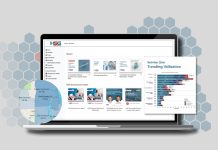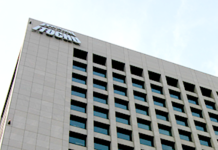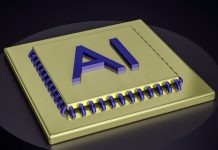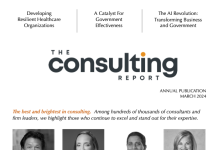For millennia, humans have fashioned tools to mimic the movements of their own bodies. Now, thanks to generational leaps in technology, humanity has finally been able to develop effective tools modeled after our own minds. Accenture’s new book, Radically Human: How Technology is Transforming Business and Shaping Our Future, lays out how leading companies are embracing human-centric technology to drive growth and innovation.
The authors of the book, Paul Daugherty, Group Chief Executive for Technology and Chief Technology Officer, and James Wilson, Global Managing Director of Thought Leadership and Technology Research at Accenture, have laid out research showing that companies that strategically grew their investments in cloud, AI, and other technologies are seeing revenue growth at five times the rate of companies that have not prioritized tech spending.
“In the past, people had to adapt in order to use technology. Now, radically human technology is adapting to people, accelerating their potential and changing the way we live, collaborate, and work,” said Daugherty in a press release. “Our book gives leaders a new framework for innovation that encourages them to re-evaluate and flip commonly held business expectations in order to chart a new path to the future.”
Radically Human makes the case that “every company is a technology company,” and today’s market requires rapid adoption of and proficiency in emerging approaches to innovation that differ vastly from how innovation was viewed in the past. The framework, dubbed “the five IDEAS,” provides a model for innovation focused on more human intelligence, a wide range of data, expertise from machine learning to machine teaching, architecture from legacy to living systems, and strategy.
The book also examines how businesses from startups to large companies are using the IDEAS framework to set themselves apart in the realms of talent, experiences, sustainability, and trust. Companies that successfully implement the framework are converting their workforces from users of intelligent systems to active developers and producers of such systems, building fairness, transparency, and privacy into the tech.
In 1997, Apple Computer encouraged the world to “Think different,” casting the company and its products in strong contrast to legacy tech company IBM. Accenture’s new book encourages business thought leaders to do likewise by embracing the opportunity to craft tech that delivers radically new human experiences that leave users feeling empowered and rewarded.

























